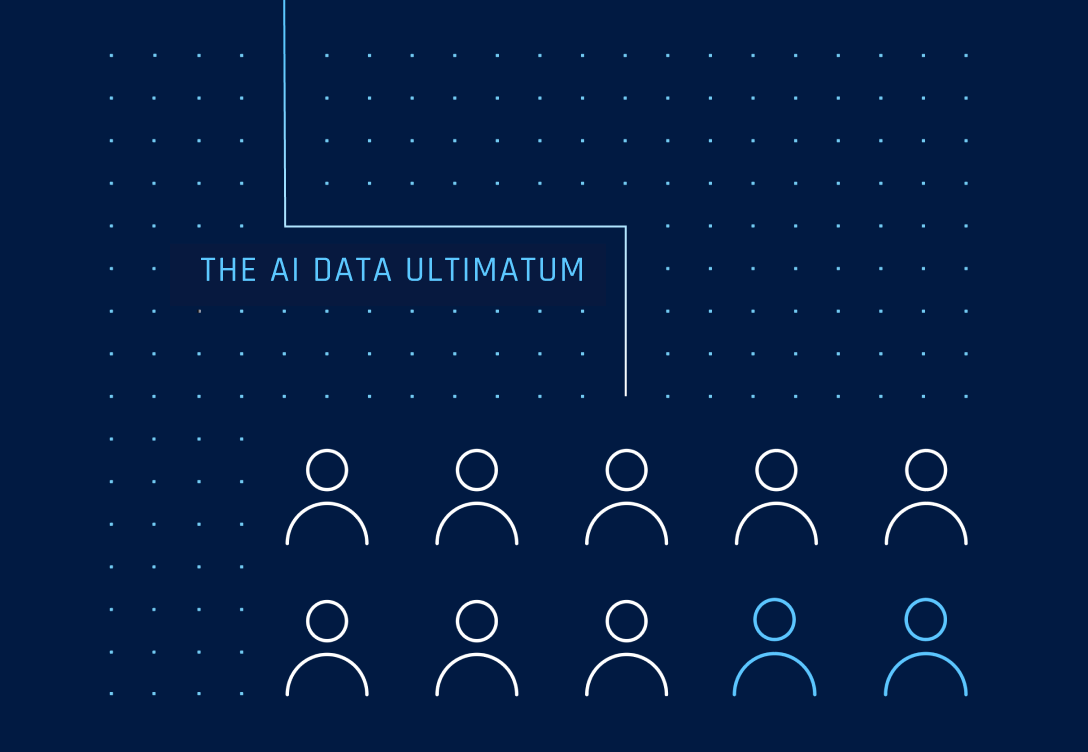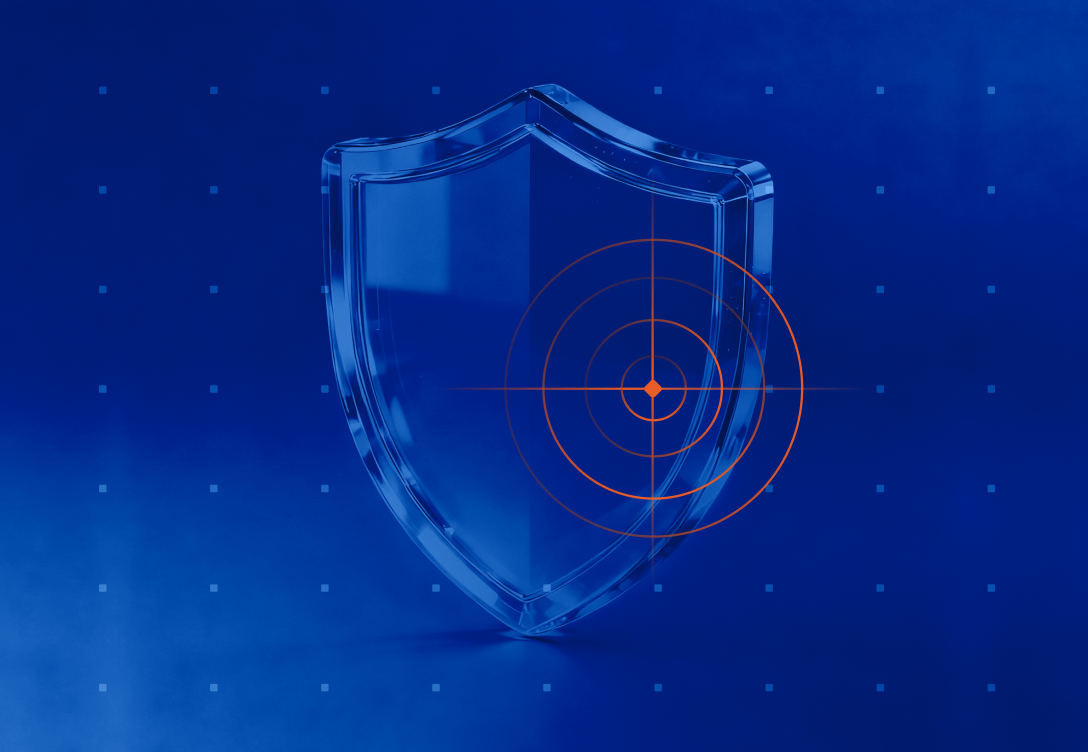Samsara builds its world-class, intelligent data privacy program on Relyance AI
An innovator in Connected Operations
Samsara is a leading industrial Internet of Things ("IOT") company bringing real-time visibility, analytics, and AI to operations. With tens of thousands of customers across North America and Europe, Samsara is a proud technology partner to the people who keep our global economy running, including the world’s leading organizations across construction, transportation and warehousing, field services, manufacturing, retail, logistics, and public sector.
Due to the scale of devices used across its large customer base, Samsara collects and processes terabytes of data every day to help its customers understand how their operations can run more efficiently. With data core to its business, Samsara's customers place a high degree of trust in the company to handle data securely and transparently. Explains Lawrence Schoeb, Director Legal at Samsara, “relevant legislation now has teeth. While privacy used to be a niche area, today it is a core competency for any service provider like us".
Moving beyond meetings and spreadsheets
Due to the company's rapid growth, managing data privacy at scale has become a significant focus for Samsara. Notes Schoeb, “we needed to get a full picture of how we manage our data without it being manual and a major time suck on systems and business owners." And the picture was static, "as soon as you walk out of a meeting, that snapshot can be outdated. There needs to be an ongoing way to ensure it stays accurate".
“Privacy by design means it’s everyone’s responsibility to ensure data is where it’s supposed to be."
When a company grows rapidly, there’s a tendency to add system upon system that may, as Nichols describes "build up silos of information across the company." Understanding how data is being processed across these systems requires a massive investment in resources across legal, IT, engineering, and others. Nichols estimated a person in each function could spend 50% of their time each week cobbling together information into spreadsheets, ensuring records of processing are accurate, and creating custom reports to understand where and how data is flowing throughout the organization.
Wanted: a new foundation for data privacy built on machine learning
As Schoeb and Nichols sought a better approach, they realized that any solution would require machine learning that could understand both the legal and technical perspective: "From a legal perspective, what are the primary requirements and biggest risk areas; from a technical perspective, we wanted a solution that our engineers would understand, isn't intrusive, and could obtain a comprehensive view of where data is going".
And something that worked. Noted Nichols, "There were a lot of promises out there that suggested we could get this vision but when put to the test, didn't do the job. When testing the information that other tools would provide, we weren't satisfied that the typical problems that we were facing or queries that we were making were going to lead to accurate results." Inaccuracy would lead to more work on Samsara's end to continually verify the system itself.
When Schoeb and Nichols were first introduced to Relyance AI, they immediately saw a smarter, more complete approach. "Relyance AI understood the problem we were trying to solve," explains Schoeb. "Other products were either over-engineered and required technical expertise or were a glorified Excel spreadsheet that still required manual input". Relyance has helped solve both the technical and privacy requirements we were looking for." Together, Schoeb and Nichols saw that, as a solution built on machine learning, Relyance AI could accurately understand what data is being captured, where it lives, and how it's being handled. And this understanding could happen quickly. "Time to insight is very important for us," remarked Schoeb.
Visibility and insight that quickly spots issues
When Schoeb and Nichols first started showing the Relyance AI data map to others in Samsara, "there was instant recognition into where data was going–instant recognition that Relyance AI could be a system of record for our data mapping initiatives. This was very helpful in getting buy-in across the company."
On top of the Relyance AI data map, Schoeb found the Insights module to be a game changer, as it provided immediate alerts into important areas for investigation for his team. In one example, outdated transfer mechanisms were found to be in use, surfacing Privacy Shield (recently invalidated by the EU Court of Justice in its Schrems II decision) as a means of transferring personal data.
You may also like

The AI data ultimatum: 2025 consumer trust survey


